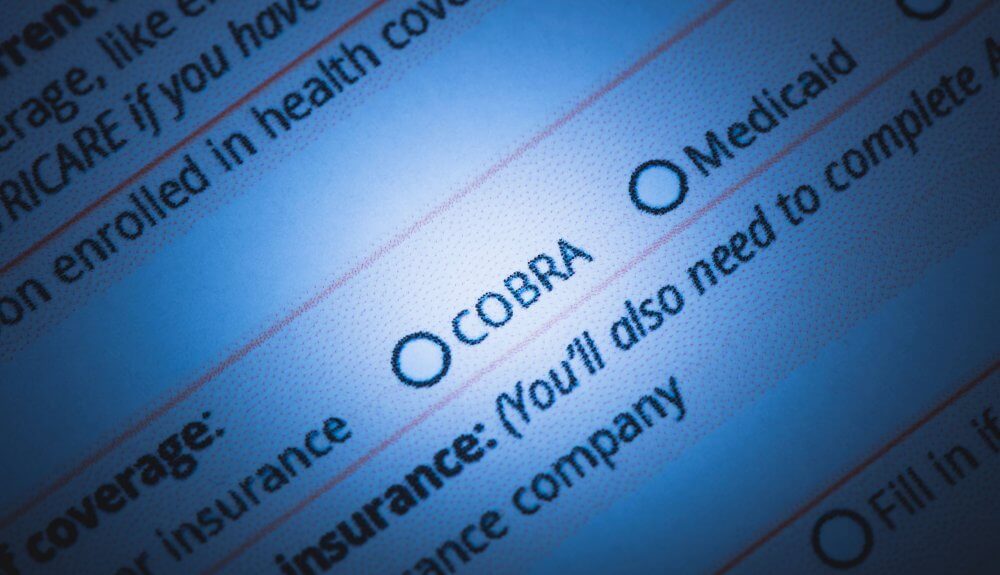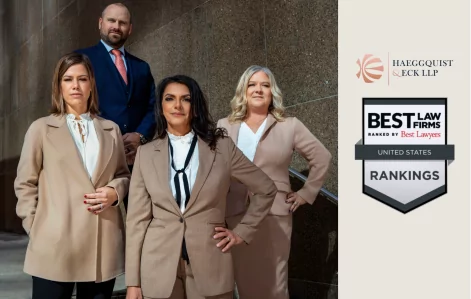Yes, if you are eligible. Under the American Rescue Plan Act (“ARPA”) which President Biden signed into law on March 11, 2021, employers are required to cover 100% of an employee’s cost of continuing group health coverage under COBRA if the employee was eligible for coverage during the subsidy period (regardless of whether the employee previously elected coverage or discontinued coverage).
Timing: April 1, 2021 – Sept. 30, 2021
The COBRA assistance coverage starts on April 1, 2021 and lasts for a maximum of six months – until September 30, 2021 (the subsidy may end for an employee before the September 30, 2021 date if the maximum period of coverage ends before that date).
18-month Retroactive “Look-Back” to November 2019
The subsidy is retroactive back to before the COVID pandemic. At a minimum, it’s an 18-month look-back” to November 2019. Depending on the employer’s location, the retroactive period may be greater.
Eligibility for Employer Payment of COBRA Premium
Employees and their qualifying dependents are eligible if the employee lost or will lose their health benefits due to involuntary separation or reduction in hours during the eligibility period. It does not need to be related to COVID.
Examples of Eligibility:
So for example, if you are terminated after April 1, 2021 or your hours were reduced from full-time to part time, resulting in loss of health benefits, you are eligible.
Or, if you lost your job on December 1, 2019 and did not elect COBRA or health continuation coverage, you are eligible – this is being referred to as a “Second Bite at the Apple.”
Examples of Ineligibility:
If you voluntarily quit your job, or you were fired for gross misconduct, you are not eligible.
If you are eligible for another group health plan (such as your spouse’s plan) or Medicare, you are not eligible.
Employer Reimbursement:
Under the COBRA subsidy, the employer pays the full COBRA or state continuation premiums and administrative fees. The employee pays ZERO. If an employee made payment during the subsidy period, then the employer must provide reimbursement. The employer will receive reimbursement of premiums from the federal government through credit toward their payroll tax obligation.





